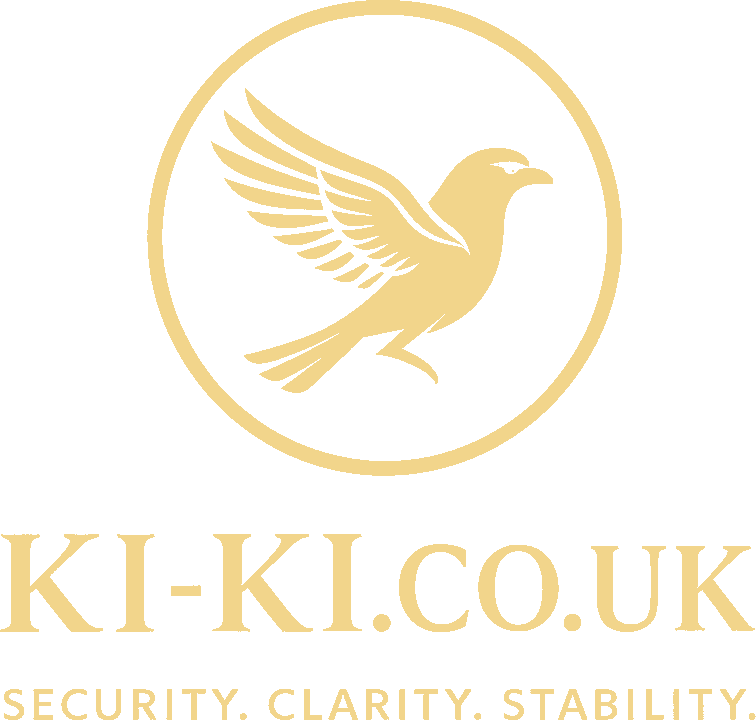Agencies handle volume. They do good work for some clients, but smaller organisations often end up low in the queue, paying for overhead that adds no protection to their stack.
If you need a full creative team, a brand overhaul, and constant campaigns, a large agency might be a fit. If you mostly want your web foundations to stop being fragile, it is overkill.
